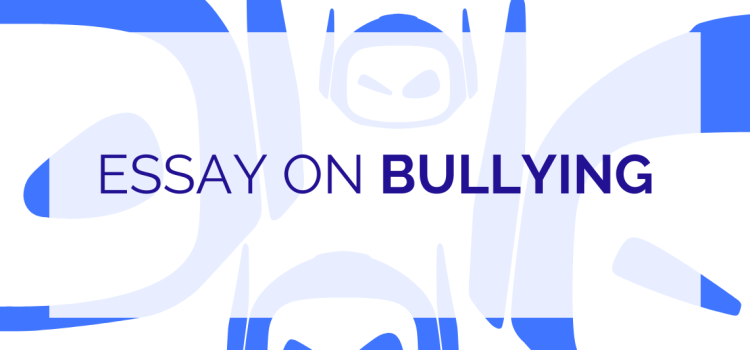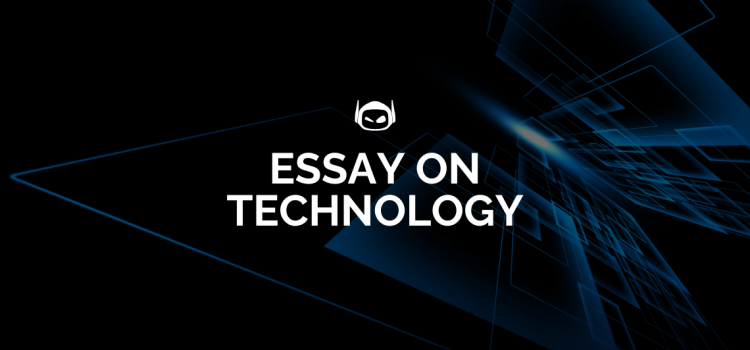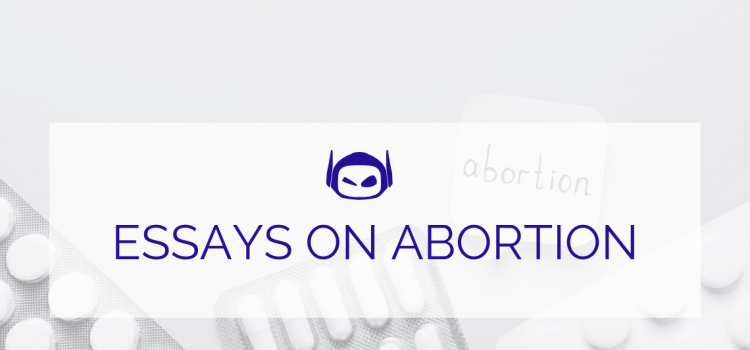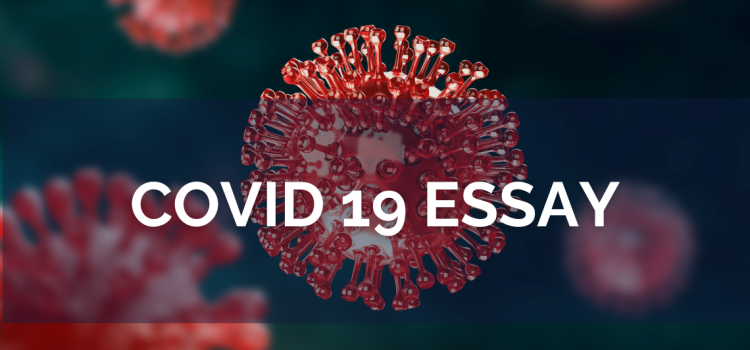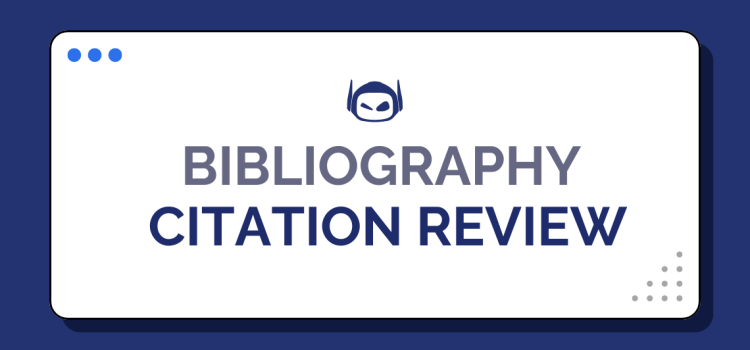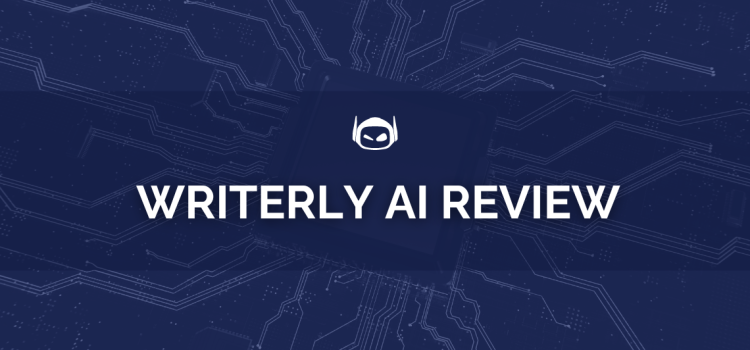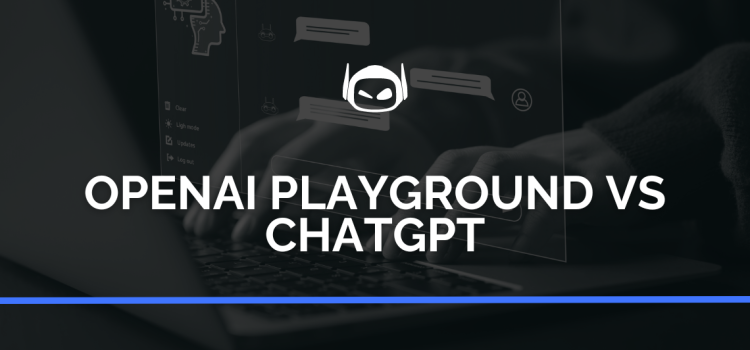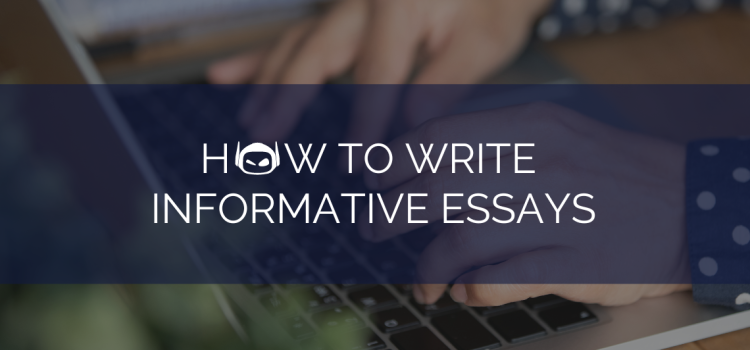Students attending tech-based courses must understand how to write the perfect essay on technology. However, this can be a challenging topic to handle as there are so many things you can talk about.
But, worry not! We’ve got you covered. In...
There are many different types of essays on abortion that you could explore. If you are stuck choosing a topic that you can make your own, we’re here to help you understand the range of issues you can consider to...
Today’s world has become a technological hub, with innovations sprouting left, right, and center. One of the most transformative advancements is learning how to use AI for writing. AI has significantly evolved as an effective content-creation tool that helps writers,...
Writing a COVID-19 essay involves gathering facts and presenting them in a logical manner. There are a lot of different ideas to address because the pandemic had a massive impact on the world. This includes topics like food security, education...
Bibliography citation review programs are also known as reference or research management software. They’re a popular word processing software that helps users store and organize references.
They insert citations into documents and automatically generate bibliographies. They teach proper citation practices and...
Thinking about investing in a quality AI writing tool for work? Deciding on the best one can sometimes feel a bit tricky.
That’s why we’re putting together a brilliant series of reviews on great tools. You can read what we have...
Wondering who the winner is in the OpenAI Playground vs ChatGPT battle? Which of these two AI models is best for conversational AI applications?
Many people are using AI models like these to create well-crafted, compelling content. Both use natural language...
